From Steam Dreams to Gas Guzzlers: The Early Days of Motorcycles
Who invented the motorcycle? The concept of a motorized bicycle isn’t as new as you might think. Early inventors tinkered with steam-powered contraptions throughout the 19th century. Sylvester Howard Roper, an American inventor, gets credit for creating the first successful steam-powered motorcycle in 1867. However, these early models were bulky, cumbersome, and not very practical.
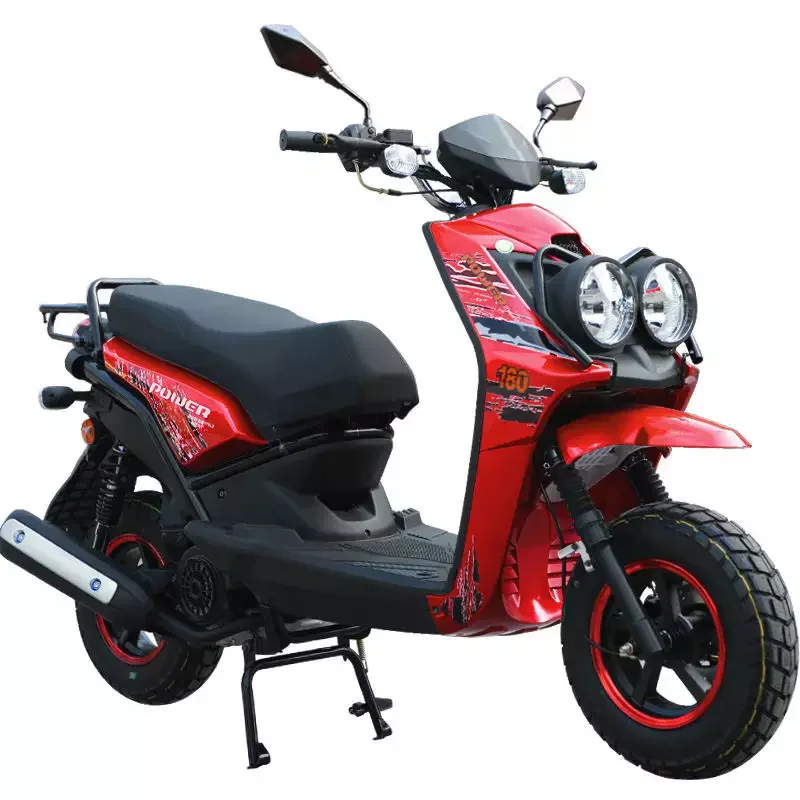
The invention of the internal combustion engine in the late 1800s truly kickstarted the motorcycle revolution. Gottlieb Daimler and Wilhelm Maybach, German engineers, are widely credited with building the first gasoline-powered motorcycle, the Daimler Reitwagen, in 1885. This machine had a single-cylinder engine mounted on a wooden frame with three wheels – one in front and two outriggers for stability. It wasn’t quite the sleek motorcycle we envision today, but it laid the groundwork for future developments.
The evolution of motorcycles from humble beginnings to revered classics marks a storied journey in automotive history. Beginning as basic, utilitarian machines, early motorcycles have evolved into iconic symbols of freedom and adventure. The golden age saw the rise of legendary brands and models, each reflecting the era’s technological advancements and cultural shifts. Today, vintage motorcycles evoke nostalgia and passion among collectors and enthusiasts worldwide. From the raw power of early engines to the timeless beauty of vintage designs, these machines embody the spirit of innovation and craftsmanship that define the golden age of motorcycles.
Innovation on Two Wheels: The Rise of Motorcycle Manufacturing
The late 19th and early 20th centuries saw a surge in motorcycle innovation. Companies like Hildebrand & Wolfmüller in Germany and FN Herstal in Belgium began mass-producing motorcycles, making them more accessible to the public. Pioneering figures like Emile Berliner, an immigrant inventor from Germany, made significant contributions by developing magneto ignitions, a crucial component for early motorcycles.
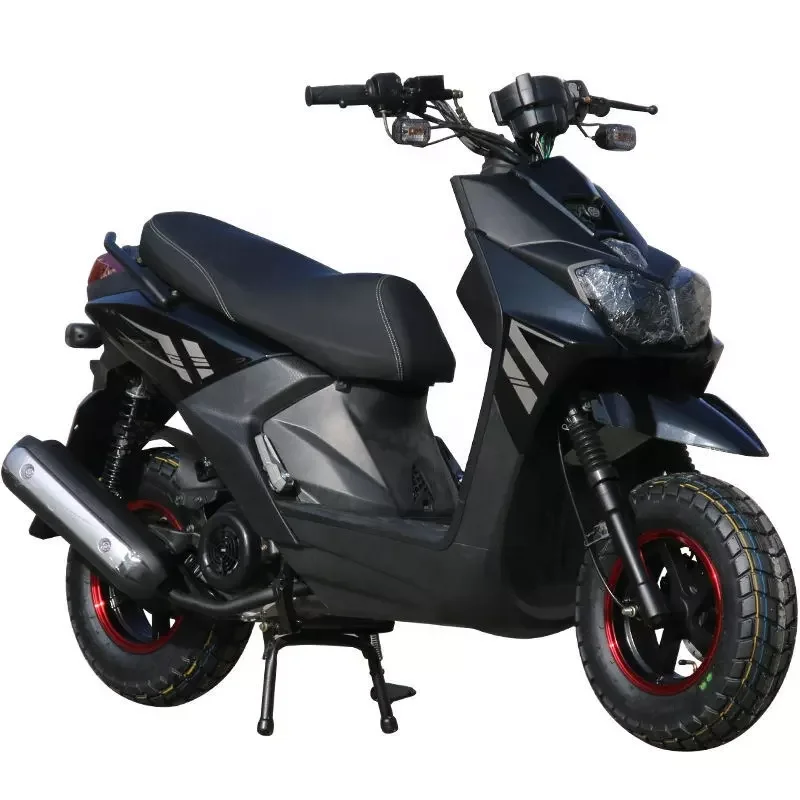
These early motorcycles were still rudimentary, with basic frames, rudimentary suspension, and minimal safety features. But they offered a thrilling new way to travel, attracting a growing community of enthusiasts. Motorcycle racing also emerged during this period, further fueling public interest and pushing the boundaries of motorcycle technology.
From Clunkers to Classics: The Golden Age of Motorcycles
The 1930s to the 1970s are often considered the golden age of motorcycles. Iconic brands like Harley-Davidson, Triumph, and Indian emerged, each developing their own distinct styles and functionalities. Advancements in materials science, engine design, and suspension systems led to a new generation of motorcycles that were more powerful, comfortable, and reliable.
The post-war era saw a motorcycle boom, particularly in Europe and North America. Motorcycles became a popular mode of transportation for young people, offering a sense of freedom and individuality. Classic models like the Triumph Bonneville and the Harley-Davidson Electra Glide became cultural icons, forever enshrined in movies and music.
Japanese Invasion: A New Era of Technology
The late 20th century saw a major shift in the motorcycle industry with the rise of Japanese manufacturers. Honda, Yamaha, Suzuki, and Kawasaki revolutionized the market with their focus on reliability, fuel efficiency, and technological innovation. These Japanese motorcycles were often lighter, more agile, and packed with features like electric starters and disc brakes, making them highly desirable for a new generation of riders.
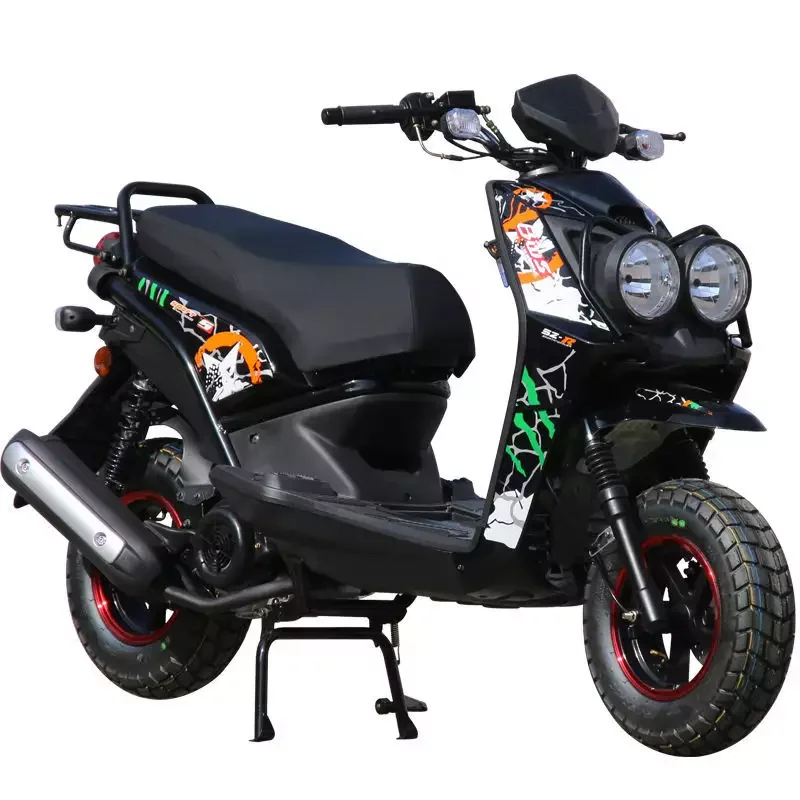
Japanese bikes also dominated the racing scene, pushing the limits of performance and inspiring the development of high-performance sportbikes. This era also saw the rise of adventure motorcycles, designed for long-distance touring and off-road exploration.
The phrase “Japanese Invasion” evokes a transformative era in technological advancement. Japan’s impact on global industries spans automotive, electronics, and beyond, heralding innovations that have reshaped our world. From pioneering consumer electronics in the 1980s to leading the way in automotive efficiency and reliability, Japanese technology has set benchmarks for quality and innovation. Today, Japanese companies continue to drive progress in robotics, renewable energy, and artificial intelligence. Their commitment to precision engineering and forward-thinking design ensures that Japan remains at the forefront of technological evolution. As we embrace a future shaped by AI, sustainable energy solutions, and interconnected devices, the legacy of the Japanese Invasion persists, inspiring new generations of innovators worldwide.
The Modern Motorcycle: A Diverse Landscape
Today, the motorcycle landscape is more diverse than ever before. From powerful sportbikes capable of exceeding 200 miles per hour to comfortable touring motorcycles built for cross-country adventures, there’s a motorcycle for every riding style and budget. Technological advancements continue to shape the industry, with features like anti-lock braking systems, traction control, and electronic fuel injection becoming increasingly common.
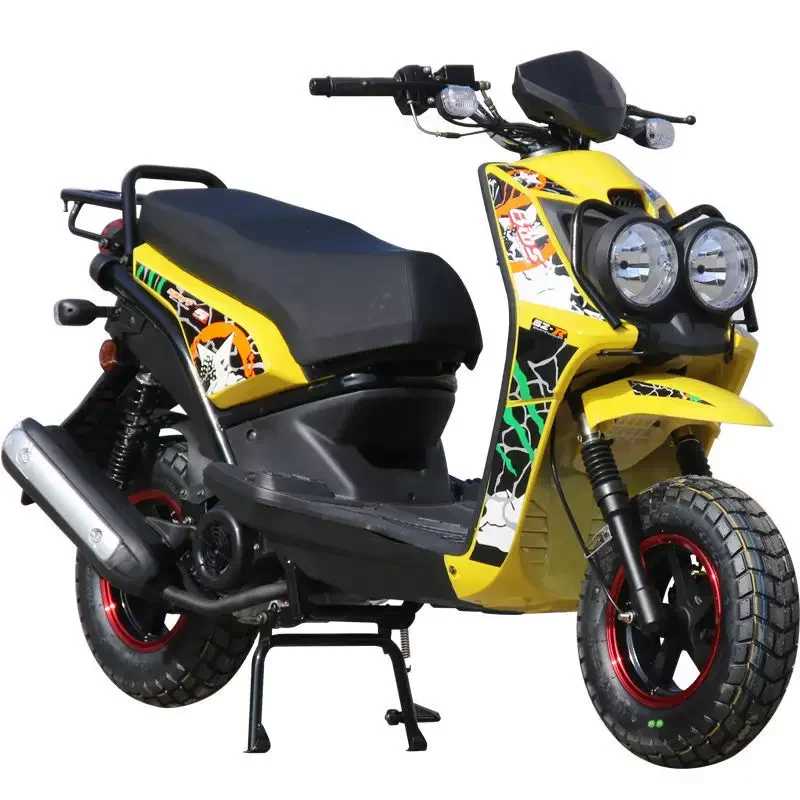
Electric motorcycles are also making significant strides, offering a clean and sustainable alternative to traditional gas-powered machines. As battery technology improves and charging infrastructure expands, electric motorcycles are poised to play a bigger role in the future of transportation.
Today’s motorcycle industry reflects a diverse landscape of innovation and style. With advancements in electric technology, connectivity, and design, motorcycles offer a range of options from sleek urban commuters to rugged adventure bikes. Electric models are gaining popularity for their sustainability and instant torque, while connectivity features enhance safety and convenience. Lightweight materials and ergonomic designs cater to diverse rider preferences, blending performance with comfort. As motorcycles evolve with autonomous possibilities and smart features, the future promises even more exciting developments. Whether for commuting or exploration, modern motorcycles continue to redefine the riding experience.
The Future of the Motorcycle
The motorcycle has come a long way since its humble beginnings as a steam-powered contraption. Today, it’s a symbol of freedom, performance, and environmental consciousness. As technology continues to evolve and consumer preferences shift, the future of the motorcycle looks bright. We can expect to see even more innovative features, diverse designs, and a growing emphasis on sustainability in the years to come.
The future of the motorcycle industry is undeniably bright, driven by technological innovation, environmental consciousness. And a commitment to enhancing rider safety and experience. As electric motorcycles become mainstream, connected technologies evolve, and design aesthetics continue to push boundaries, riders can look forward to a new era of exciting possibilities on two wheels. Whether for commuting, leisure riding, or adrenaline-pumping adventures, the motorcycles of tomorrow promise to deliver an exhilarating blend of performance, sustainability, and cutting-edge technology.
Embrace the Ride: Find Your Perfect Motorcycle Today
Whether you’re a seasoned rider or a curious newcomer, there’s a motorcycle out there waiting for you. With so many options available, exploring dealerships, researching different models. And taking test rides is crucial to finding the perfect fit. Consider your riding style, budget, and desired features to narrow down your choices.
- Dealerships: Most motorcycle dealerships have a knowledgeable staff who can answer your questions and help you find the perfect motorcycle. They often have a variety of models in stock, allowing you to see the bikes up close and potentially take a test ride.
- Online Resources: Numerous online resources offer reviews, comparisons, and buying guides for motorcycles. These resources can be a valuable tool for researching different models and learning more about the features that matter most to you.
- Motorcycle Clubs and Communities: Connecting with local motorcycle clubs and online communities is a great way to meet other riders, get advice, and learn more about the motorcycle lifestyle.
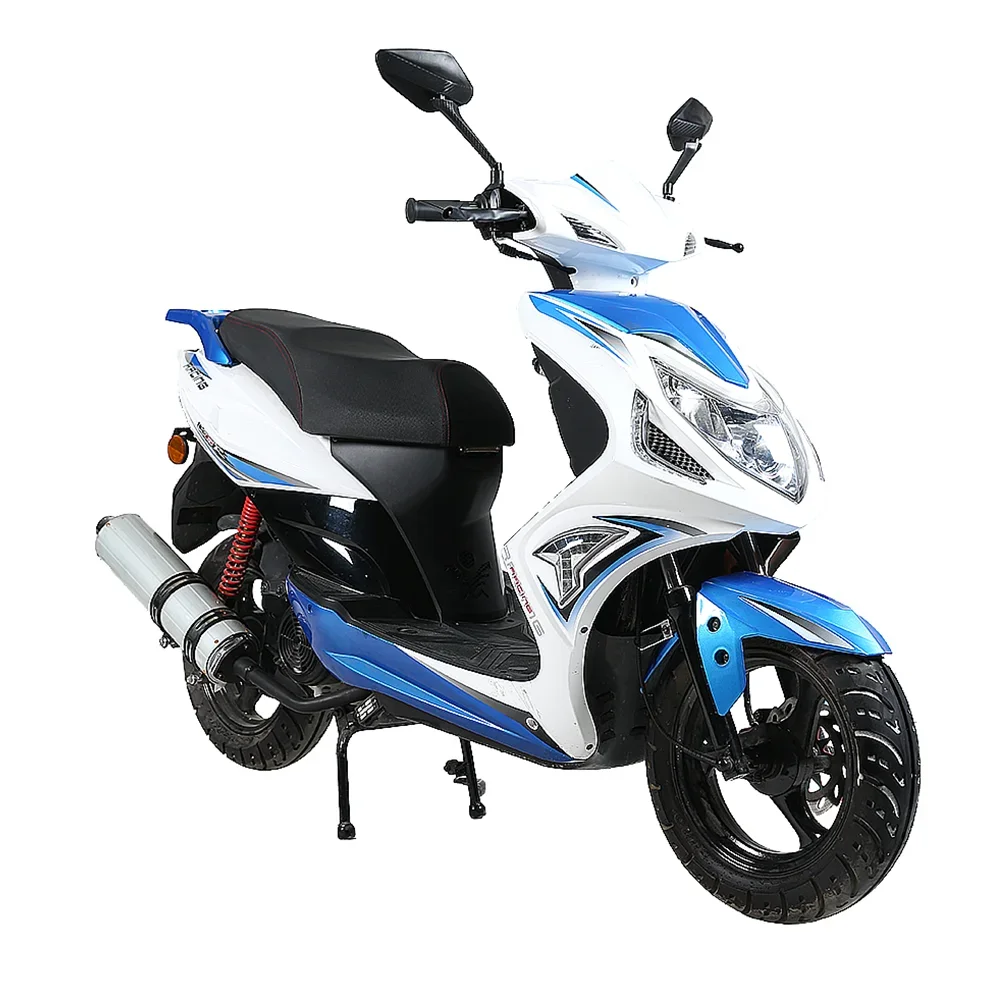
Once you’ve done your research and found the motorcycle of your dreams, take the plunge and experience the thrill of the open road. Remember, safety always comes first. Invest in proper safety gear, take a motorcycle safety course, and always ride responsibly.
Embrace the adventure. Hit the gas and feel the freedom of two wheels. There’s a whole world of exploration waiting for you on a motorcycle.
The Environmental Impact of Motorcycles and the Rise of Electric Motorcycles
While motorcycles offer undeniable fun and freedom, their environmental impact cannot be ignored. Traditional gasoline-powered motorcycles contribute to air pollution through exhaust emissions. Concerns about sustainability and climate change are driving the development of cleaner and more eco-friendly alternatives.
Electric motorcycles are emerging as a viable solution. These electric-powered bikes produce zero tailpipe emissions, significantly reducing their environmental footprint. Additionally, electric motorcycles are often quieter than their gasoline counterparts, making them a more pleasant choice for riders and communities alike.
Motorcycles, while synonymous with freedom and thrill, also leave an environmental footprint through exhaust emissions. Amid growing concerns over sustainability, electric motorcycles offer a promising solution. These vehicles produce zero tailpipe emissions, significantly reducing air pollution and noise levels compared to traditional gasoline-powered bikes. With advancements in technology and increasing consumer interest. Electric motorcycles in 2024 are gaining traction as a cleaner and more eco-friendly alternative. As awareness of environmental issues grows, the shift towards electric motorcycles not only aligns with global efforts towards sustainability but also enhances the riding experience with quieter and cleaner mobility solutions.